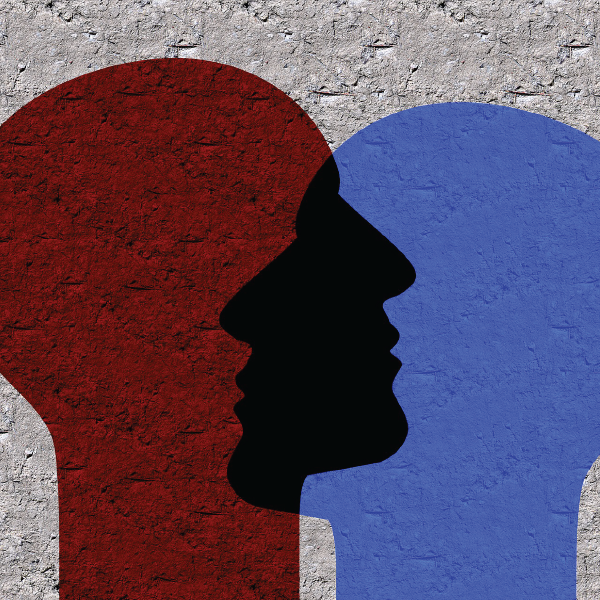Summary: Maslow’s Hierarchy of Needs (often represented as a pyramid with five levels of needs) is a motivational theory in psychology that argues that while people aim to meet basic needs, they seek to meet successively higher needs in the form of a pyramid.


